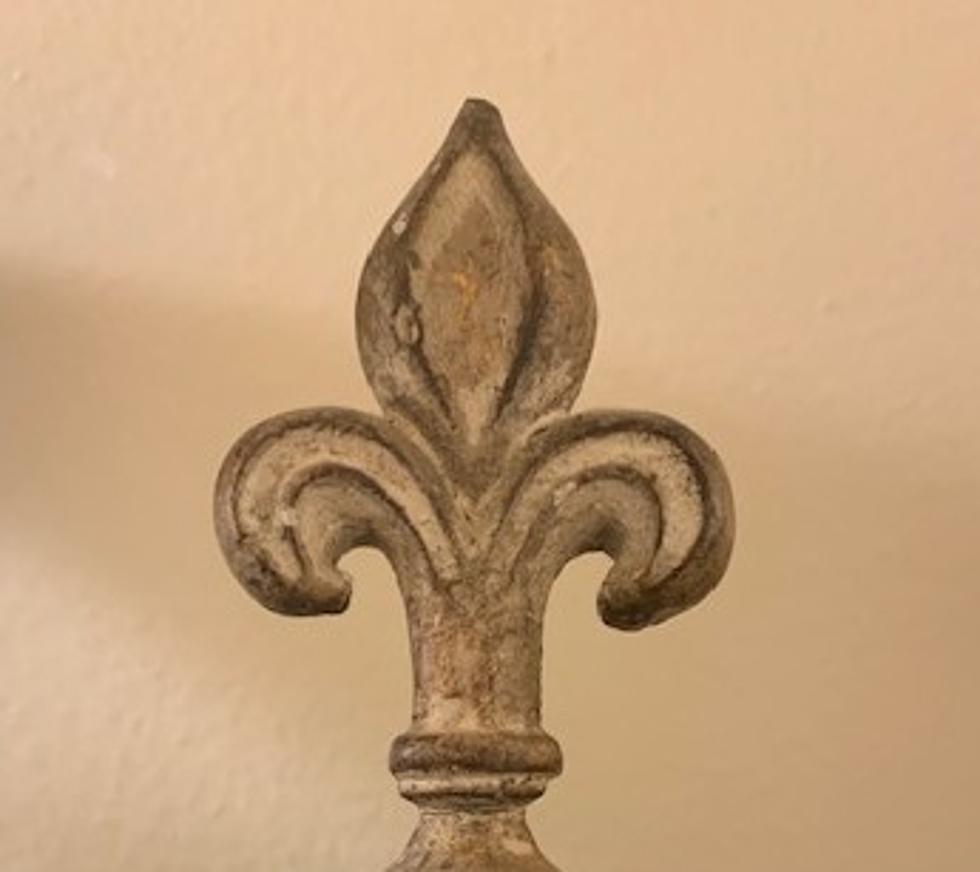
FINALLY – An Answer to Why ‘Dick’ is Short for the Name Richard
We've all wondered it, but it never made sense. Why is "Dick" short for Richard?
In the British version of a what we've come to know as "Today I Learned" or TIL, aptly called Today I Found Out, host Simon Whistler answers the longing questions that you don't feel like doing the research on, and presents them in an easily digestible manner.
While this particular episode is from almost six years ago, it seems to now be making its rounds on the internet.
Why is 'Dick' Short for Richard
Whistler starts by announcing that most etymologists (a person who studies the origin and history of words) believe that Richard derives from the term "Hard Ruler." While you may think you have it figured out already, Dick didn't come along that simply.
Being the bearer of bad news, Dick referring to Richard doesn't actually have any correlation to the other meanings of the word. In fact, the first time in the written word that it refers to being a "jerk" didn't come around until a few hundred years after Dick was short for Richard. And the first time it was used referring to a penis wasn't until the 1890's as a British army slang term.
Due to no computers or typewriters back in the early 13th century when all of this came about, everything was written by hand. So, shortened versions of words were common in the written form. The usual shortened term for Richard at first was usually Ric or Rich. That gave rise to nicknames like Richie, Rick, and Ricket among others.
Something that was quite popular back then was people using rhyming names. So, someone who was nicknamed Rich might end up being further nicknamed Hich. Or, if you're nicknamed Ric or Rick...that becomes Dick or Hick. Hick didn't really stick around, but you know what did? Dick.
But Wait, There's More
That was all the way back in the 1200's. While we have many a word that is still used from back then, a random nickname probably wouldn't have made it's way into the 21st century.
In the 16th century, "dick" started to be synonymous with "man", "lad", or "fellow." More of a general term for any man. It's even in Shakespeare's Henry IV, Part 1, written in the late 16th century, establishing it as a term for an everyman. This could very well be where the term became synonymous with the word penis.
In Conclusion
So, in the same rhyming way that Robert and Bob (Robert to Rob and Rob to Bob), William and Bill (William to Will and Will to Bill), we have Richard to Dick (Richard to Rick and Rick to Dick).
There you have it! Why "Dick" is short for the name Richard.
Here's a much more entertaining way of listening to the explanation:


